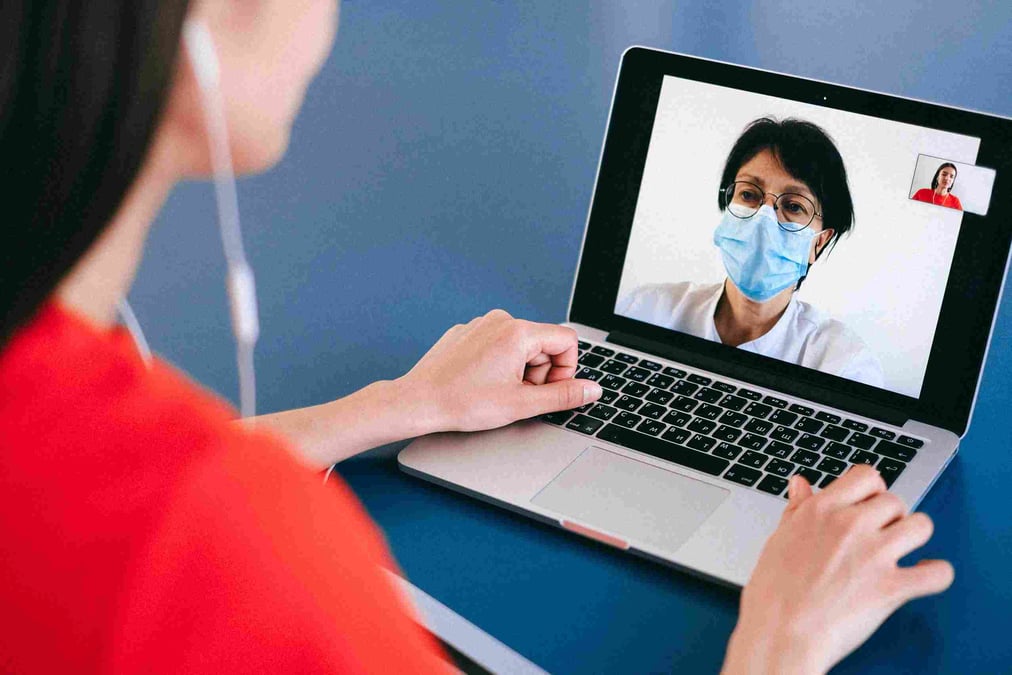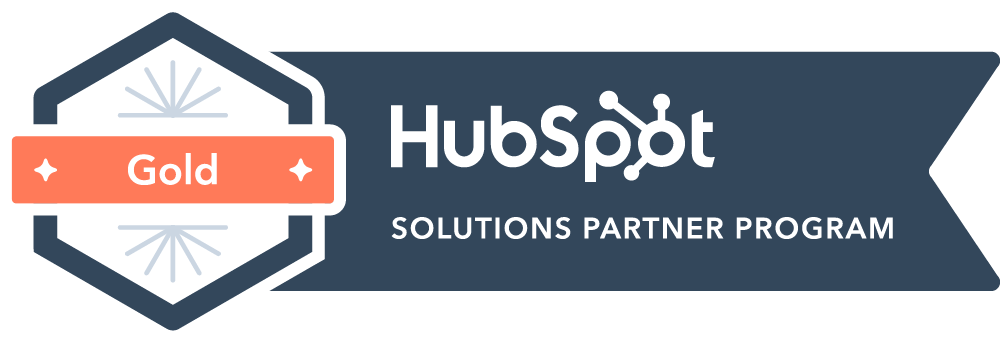The Impact of Informatics on Healthcare
Table of contents
Informatics has become a major component in healthcare in recent years. In the healthcare sector, informatics refers to the use of information technology to acquire, store, and use health and biomedicine information, all of which play an important role in the delivery of effective patient care. The use of such systems has become even more prominent in the past year as COVID-19 pushed digitization forward. As a matter of fact, it’s already considered one of the major proponents for improved resource allocation and public health infrastructure moving forward.
Informatics' Benefits for the Healthcare Industry
Patient-centered care is an obvious priority for the healthcare industry, and informatics comes into play here in various ways. Critical information and supporting data can more efficiently be transferred from patient to physician and vice versa, as well as across different providers. One application of this that is already widely adopted is the use of electronic health records (EHR). EHRs remove lengthy steps and hurdles in the patient care journey, for better overall health outcomes.
On top of that crucial improvement, better informatics has resulted in more savings for both patients and healthcare institutions. Automation and better recording of data has minimized much of the repetition that happens in daily operations. Patients can rely on accurate data stored on them, while clinics, labs, and institutions can save their resources for emergencies and new procedures. Plus, EHRs save space and can replace rooms dedicated to patients' health records.
Medical informatics is not just limited to patient records and communication either, as professionals are already using data warehousing to improve their treatment strategy and prevent errors. This can help align members of the healthcare team, from the nurse to the medical technician and onward to the doctor. It’s a large factor aimed at reducing diagnostic mistakes significantly, which are currently the third leading cause of death in the United States.
Informatics' Impact on Professionals in the Field
With the advent of Telehealth, patient care has become much more manageable for frontliners. And at the forefront of the informatics revolution in healthcare are nurses. The demand for nurses with relevant digital skills has exploded alongside the rise of health informatics. The good news is that nursing informatics has become a primary offering in nursing schools. And registered nurses don’t have to be left behind by building on their traditional training with distance learning courses. Nursing informatics is one of the many areas RNs can specialize in when they advance to a BSN career later on. The added benefit, aside from building on one’s skillset while keeping their day job, is that nurses get used to digital environments that become crucial in their jobs later on. A huge part of the role of healthcare professionals tasked with informatics activities is communicating with patients and physicians. They also have to bridge the gap between the two. That means, they must have a good command of the tech infrastructure. That way, there’s a better chance of reaping the rewards of informatics in healthcare.
There's no doubt that the increasing relevance of informatics has added to the list of required skills for the modern healthcare worker. Coordination of information improves patient satisfaction, and in turn, puts some ease into healthcare workers’ workload. It also means transitioning from one hospital to another and transferring accurate data to a new shift or a different physician is more streamlined. With the further onset of robotics and applied technology, nurses in particular have needed to adapt and gain digital knowledge to remain on top of their practice.
Ongoing and Future Challenges in Healthcare Informatics
The healthcare industry has historically been among the slowest to adopt digital change. Despite major implications on patient care and viable medical procedures, very little revenue is spent on tech solutions compared to other industries. However, the coronavirus pandemic has suddenly throttled digitization for the industry. Telemedicine and eLearning, in particular, have been the most impactful sectors to see this increased application of informatics. Physicians have had to conduct their work largely online, while medical students have been relegated to studying remotely.
The outlook seems to be promising in terms of how it can improve healthcare, but experts note how there is still a need for human stories to propel this digital movement. It is through these testimonials from the front that compel relevant parties to invest in innovation and better application. Along with this steady spread, individuals in the industry will have to find more diverse ways to remain relevant in the field. That is, the new integration of informatics must be applied in a way that helps nurses and doctors instead of overtaking them.
When one considers how valuable public health is, it really brings to light how important informatics has become in healthcare.
An article written exclusively for knbcomm.com by Michelle Jon
Search








